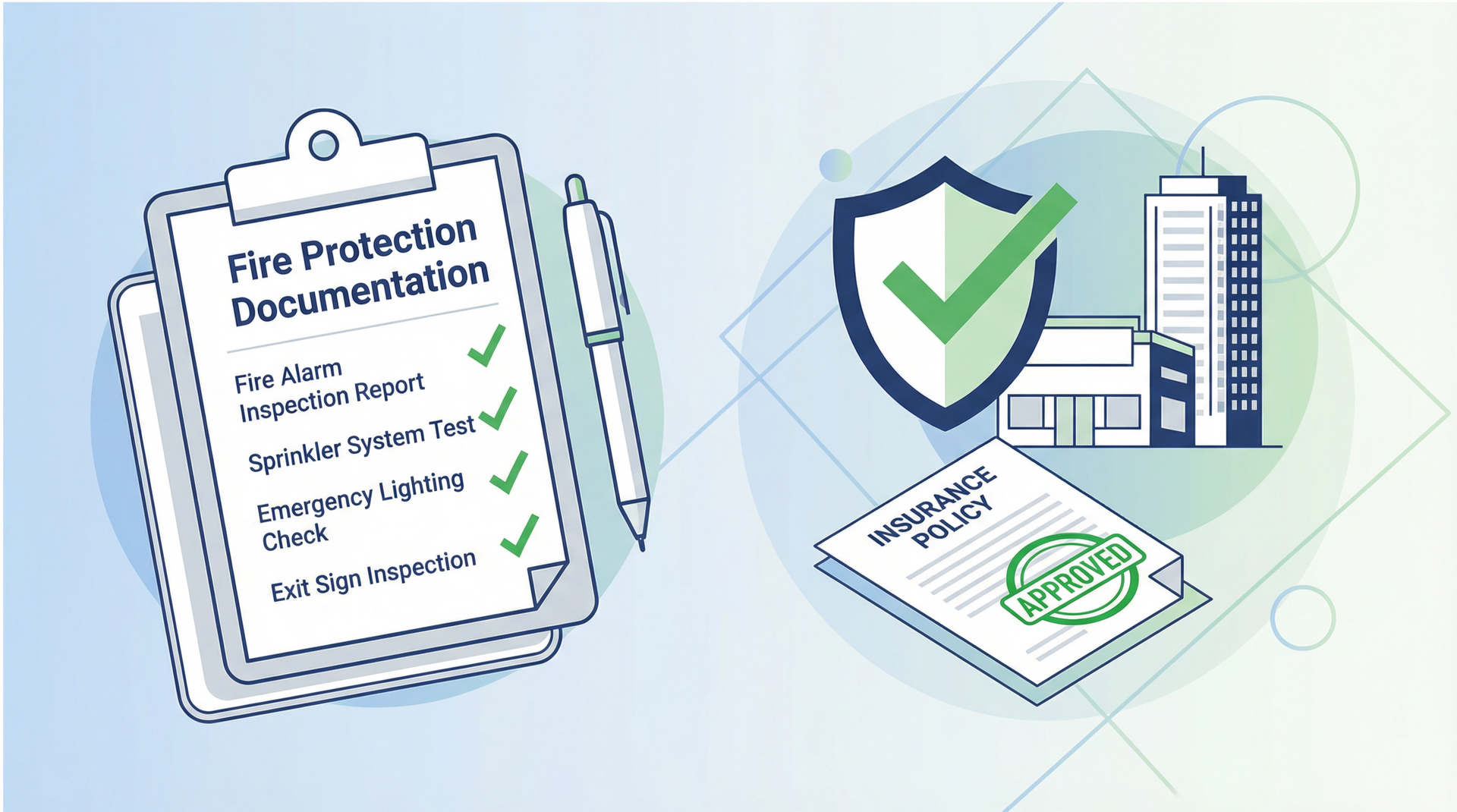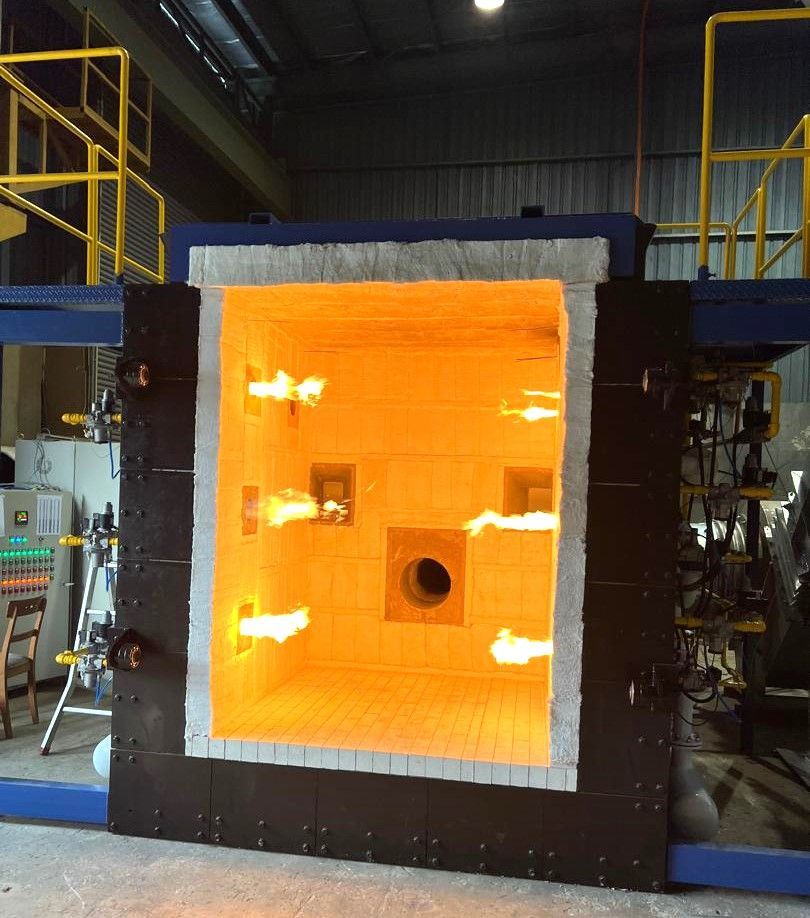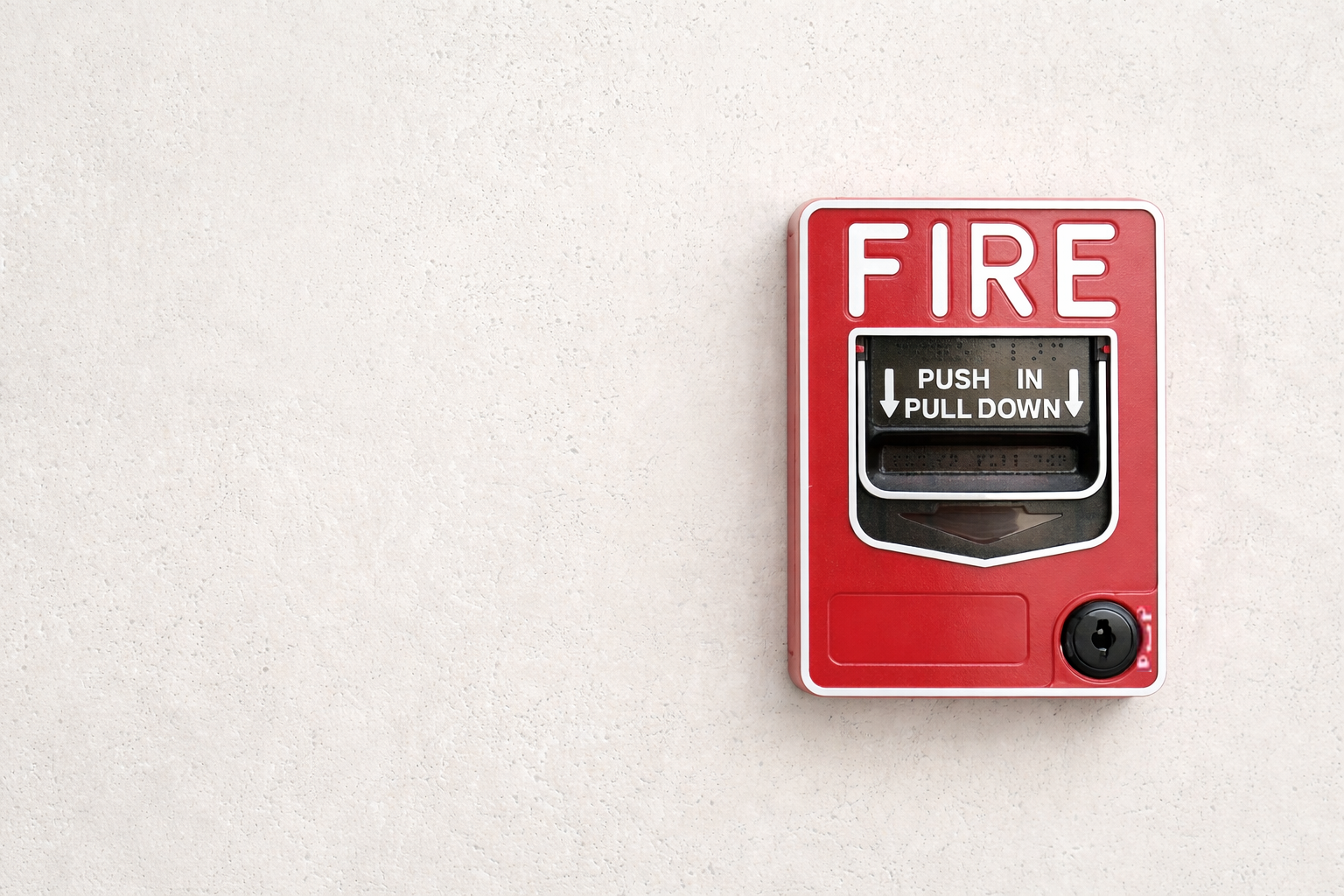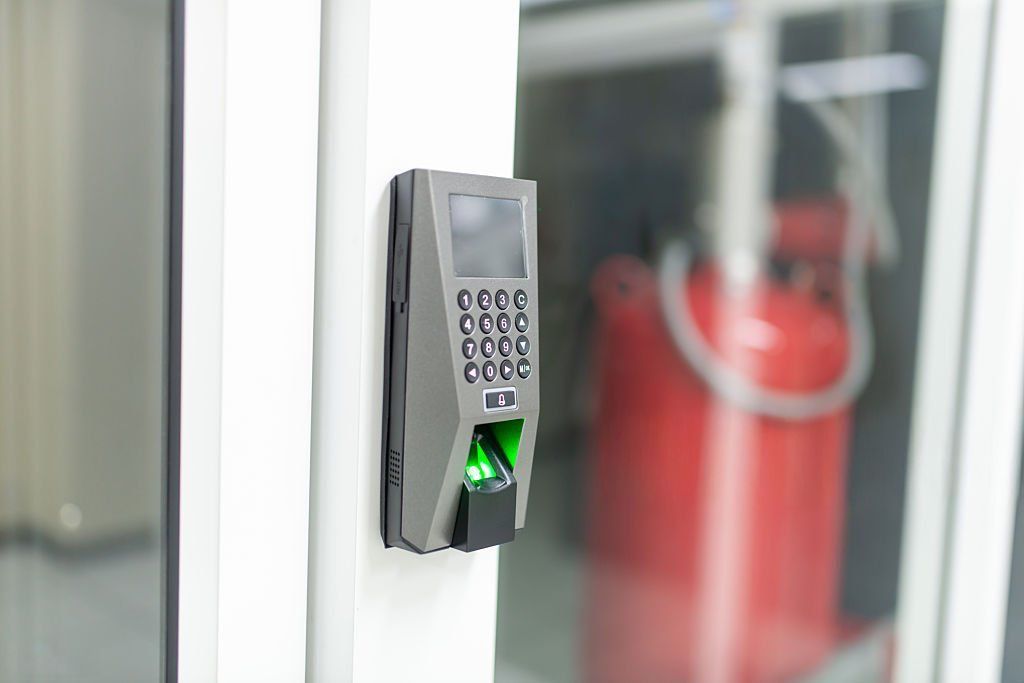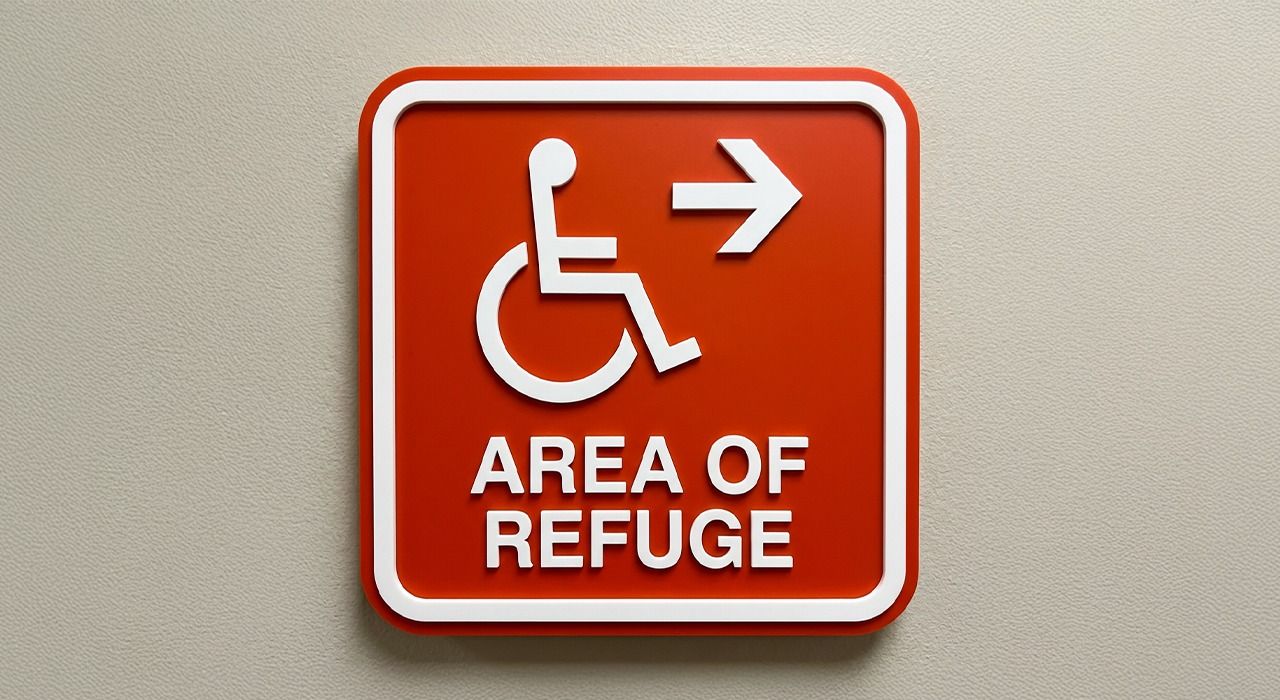How Fire Testing Helps You Avoid Costly Business Interruptions
- Early Detection of Issues
- Compliance with Regulations
- Ensures Operational Efficiency
- Prevents Expensive Repairs
- Minimizes Insurance Premiums
- Reduces Risk of Fire-Related Damages
- Improves Employee and Customer Safety
- Avoids Unplanned Downtime
1. Early Detection of Issues
For business owners, unexpected fire safety issues can lead to significant disruptions. The real challenge is that fire safety systems often go unnoticed until a problem occurs.
Common Problems Faced by Business Owners:
Sudden equipment failures are one of the biggest problems of fire alarm systems and sprinklers. These failures can happen without warning, leading to dangerous situations. A small undetected malfunction could mean that when a fire does break out, the systems you rely on to protect your business don’t work, leaving you exposed to potential damage or business shutdown.
Real Case Example: In 2017, a large retail store in California experienced a significant fire. Their sprinkler system failed to activate because it had not been inspected for years. The result? The fire caused massive damage, forcing the store to close for months, leading to millions in lost revenue and repair costs. A simple routine inspection could have caught the issue early.
2. Compliance With Regulations
Fire safety regulations are strict, especially for businesses. Many owners unknowingly miss important testing deadlines, leading to fines and penalties from fire authorities. Worse, if there’s a fire, they could face even more severe legal consequences if their systems weren’t up to code.
Real Case: In 2010, a chain of hotels in Southern California was fined heavily for not complying with fire code regulations. They hadn’t conducted fire alarm tests or sprinkler inspections for years. Beyond the financial penalties, their reputation was severely damaged, and it cost them time and money to bring their systems back into compliance.
3. Ensures Operational Efficiency
Regular fire alarm system testing ensures that your business runs smoothly without these unplanned interruptions. Early detection catches problems before they disrupt your daily operations, allowing you to schedule maintenance at convenient times rather than dealing with emergencies.
Real Case: In 2015, a Southern California manufacturing facility avoided costly disruptions by conducting regular fire alarm system testing. A minor fire pump issue was detected early, allowing repairs during off-hours. This proactive approach ensured uninterrupted operations and prevented a potential emergency shutdown, maintaining operational efficiency.
4. Prevents Expensive Repairs
One of the hidden costs of neglecting fire system maintenance is the potential for expensive repairs. When fire alarm systems, fire pumps, or sprinklers aren't regularly tested, minor issues can escalate into major problems that require costly replacements or emergency fixes.
Example: Imagine owning a large commercial office building in Tustin, California. For several years, you skip routine fire alarm system testing and fire pump testing. During a small fire incident, your sprinklers fail to activate because of a buildup of debris in the pipes. Now, instead of cleaning the sprinklers during regular maintenance, you face a costly emergency repair and potential system replacement due to the damage caused by the malfunction.
5. Minimizes Insurance Premiums
Regular fire alarm system testing can help minimize insurance premiums for your business. Insurance companies often offer lower rates to businesses that demonstrate proactive fire safety measures, such as routine inspections and maintenance of fire systems. This reduces the perceived risk of fire damage, which is a significant factor in calculating insurance costs.
- Risk Assessment: Insurance companies assess the fire risk of your business based on the condition of your fire safety systems.
- Routine Fire System Testing: Regular inspections of fire alarms, fire pumps, and sprinklers reduce the likelihood of system failures during emergencies.
- Lower Risk, Lower Premiums: Well-maintained fire safety systems decrease the perceived risk of fire damage, leading insurers to offer lower premiums.
- Proof of Compliance: Providing documentation of regular fire alarm system testing demonstrates compliance with safety regulations, further reducing insurance risks.
- Long-Term Savings: By proactively maintaining your systems, your business may qualify for reduced insurance rates, saving money over time.
6. Reduces Risk of Fire-Related Damages
Regular fire alarm system testing reduces the risk of fire-related damages by ensuring all safety systems, like fire pumps and sprinklers, are fully functional. This proactive maintenance minimizes fire damage, protects property, and helps avoid costly business disruptions.
- Quick Fire Detection: Well-maintained systems detect fires early, allowing immediate response.
- Effective Fire Suppression: Functional sprinklers and fire pumps help contain fires before they spread.
- Avoid Major Property Damage: Early suppression minimizes potential damage to your building and assets.
- Business Continuity: Quick fire response ensures minimal disruption to your operations.
7. Improves Employee and Customer Safety
Regular fire system testing plays a crucial role in maintaining a safe environment for both employees and customers. A well-maintained fire safety system ensures that everyone in your building is protected in case of a fire emergency.
Example: Imagine a retail store in Orange County, California, where employees and customers are regularly present. By conducting routine fire alarm system testing and fire sprinkler inspections, the store ensures that in the event of a fire, alarms sound quickly, and sprinklers activate immediately. This allows everyone to evacuate safely, preventing injuries and reducing the risk to human life.
8. Avoids Unplanned Downtime
One of the most disruptive events for any business is unplanned downtime. When fire safety systems are neglected, small issues can snowball into major problems, forcing businesses to pause operations for repairs or, worse, during a fire emergency. Regular fire system testing helps ensure everything is working as expected, preventing the need for sudden shutdowns.
Partner with a Trusted Fire Testing Provider
- Expertise and Certification: A trusted provider brings specialized knowledge and certification, ensuring your fire safety systems are tested according to local regulations and industry standards, giving you confidence that everything is in compliance.
- Comprehensive Services: They offer a full range of services, including fire alarm system testing, fire pump testing, and fire sprinkler inspections, ensuring all components of your fire protection system are working properly.
- Tailored Maintenance Plans: A reliable provider will customize testing and inspection schedules based on your business's specific needs, reducing disruptions to operations while ensuring your fire safety systems remain functional.
- Emergency Response Support: In addition to routine testing, a trusted provider often offers quick response services in case of emergencies, helping you address urgent repairs and system malfunctions promptly to avoid downtime.
- Documentation and Compliance: Partnering with a trusted provider ensures you receive detailed documentation after every inspection, keeping you prepared for compliance audits and demonstrating your commitment to fire safety.

